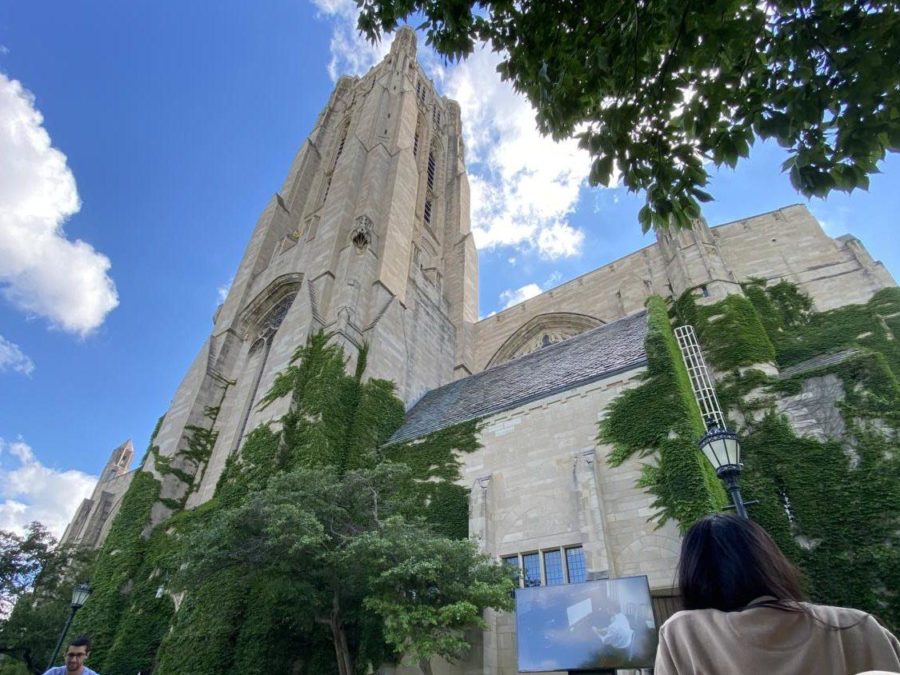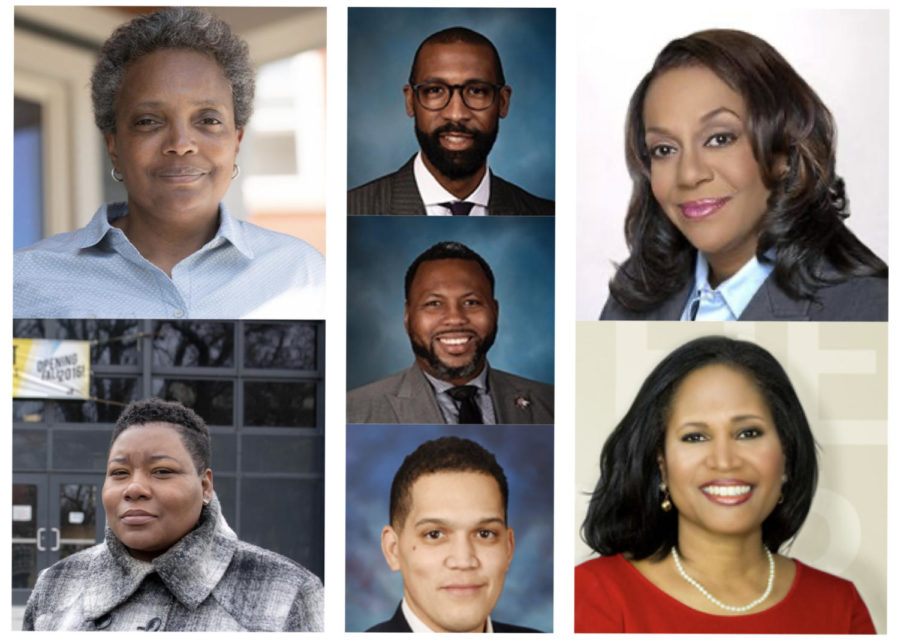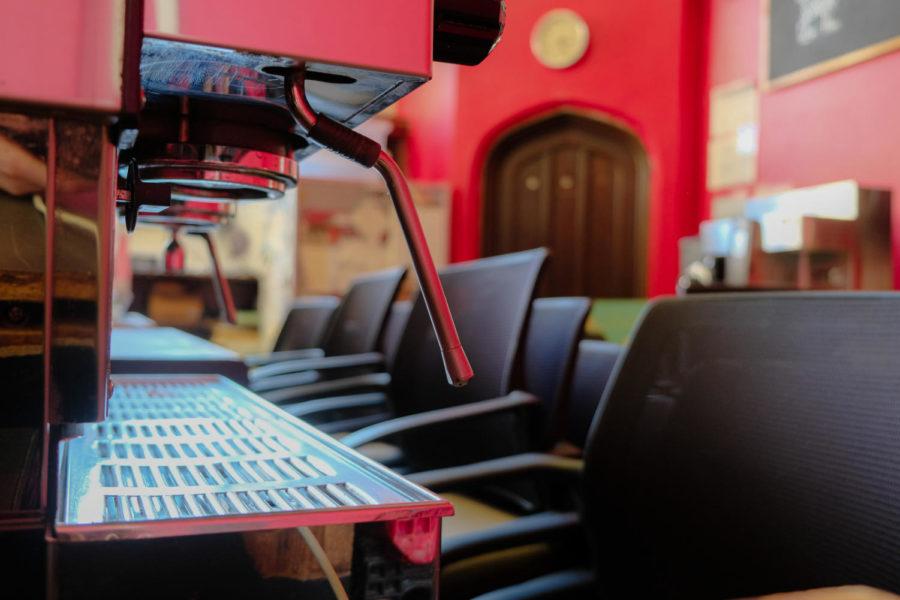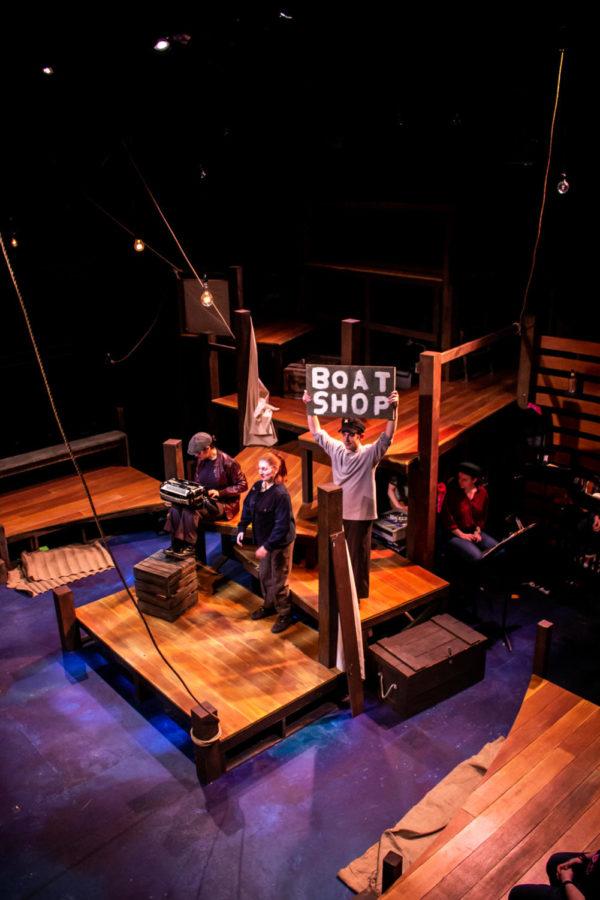Content warning: This article discusses sexual assault.
In the first month of my first year at the University of Chicago, I met my assaulter. But he wasn’t my assaulter then; he was my friend. We had met at the Green Line station off the #55 bus on our way to a party at Northwestern. For the next six months, we would grab lunch, share jokes, and hang out at parties when we saw each other, and he would become one of my closest friends at the University. One night, I met him at a party at his fraternity. He told me to trust him that night, as he would take care of me.
He didn’t. He assaulted me. After, he told me he wanted to since the day we met.
In the months after my sexual assault, I would come to class with red eyes, crying in whatever empty room I could find beforehand because I didn’t want to cry during class. Sometimes, the tears slipped out anyways, smearing the ink on my readings as my teachers would lecture. This would be in the rare instances that I’d even be able to go to my classes. Often, I’d walk outside my dorm and feel a pit in my stomach grow larger and larger until it swallowed me whole. I would return to my dorm, hiding in the safety of my bedsheets. I stopped eating at the dining halls and going out regularly, and I spent my time alone. I didn’t want anyone to see what he had done to me. I didn’t want to see him.
Even after almost two years of quarantine, I am still terrified to see him, knowing he will be on campus when we come back. His name will be called during our graduation alongside mine as a fitting end to my time here.
My time at the University has been marked by my experiences with sexual violence. My first interaction with administration was with the Title IX office, having to report a case of sexual harassment as a prospective student. This was only one of the cases of sexual violence I faced within days of my acceptance as a student at the University and the first of several that I would face as a student after enrolling. Many of these occurrences that I faced were shared experiences with fellow survivors I befriended on campus in the coming years.
During the fall of my second year at the College, my friend and I cofounded a digital art installation called “UChicago Lost, Not Found” in collaboration with the Phoenix Survivors Alliance. The idea arose from a breakfast conversation in which we talked about the things we had lost in the aftermath of our assaults. We created an Instagram page full of pictures of “lost” items of clothing with captions from survivors of sexual violence at the University who talked about the things they lost. While we created the first few, the rest came from the community of survivors in Hyde Park, many of whom had felt the same things I did and were brave enough to share those feelings.
In the time since, different accounts that intend to share the stories of survivors, such as @uchicagospeaksout, have emerged. After a year of remote interaction and digital communication, online spaces have become critical for survivors to not only seek justice but find community and support.
Though much has changed between now and 2018, both interpersonally and in the world at large, I am still not fully healed. There are nights when I wonder if what happened to me was my fault, if I can ever trust a man again, and if I will ever be okay even now. Yet those are overshadowed by the nights I crack open a bottle of wine with my friends, cook a fantastic dinner, or paint something with a new color I’ve never used.
While I met my assaulter during my time at UChicago, I’m thankful to have also met my friends and become a part of an incredible community of survivors—to all of whom I am immensely grateful for supporting me these past three years. I am also grateful for finding a friend in myself and learning to become kinder to myself to help support me through everything I have experienced.
As the 2021–22 school year commences, the horrific reality of the University of Chicago and other campuses across America means that several students will become survivors of sexual assault during their time in college. I am afraid that there will be more sexual assault cases on our campus and that other students will go through what I and countless other survivors at UChicago have gone through. I am afraid it might happen to me again.
Still, as hard as things are and have been, life has gotten better. I communicate with my friends regularly, go to therapy, and show more kindness to myself given everything I have been through. While I am not fully healed, I am better now than I was in the aftermath of my assault, and I will keep progressing with a strong community of survivors beside me, supporting one another through it all. To survivors at the University of Chicago, you are not alone. Though I continue to carry fears about the reality of sexual assault as I think about the upcoming year, I am more hopeful about the reality that survivors live with each and every day; we are survivors, and we will continue to survive.
If you need any resources to help navigate your experience with sexual violence, please check out Phoenix Survivors Alliance’s 2020 resource book, linked here.
Parul Kumar is the president of Undergraduate Student Government and one of the copresidents of the Phoenix Survivors Alliance.
















